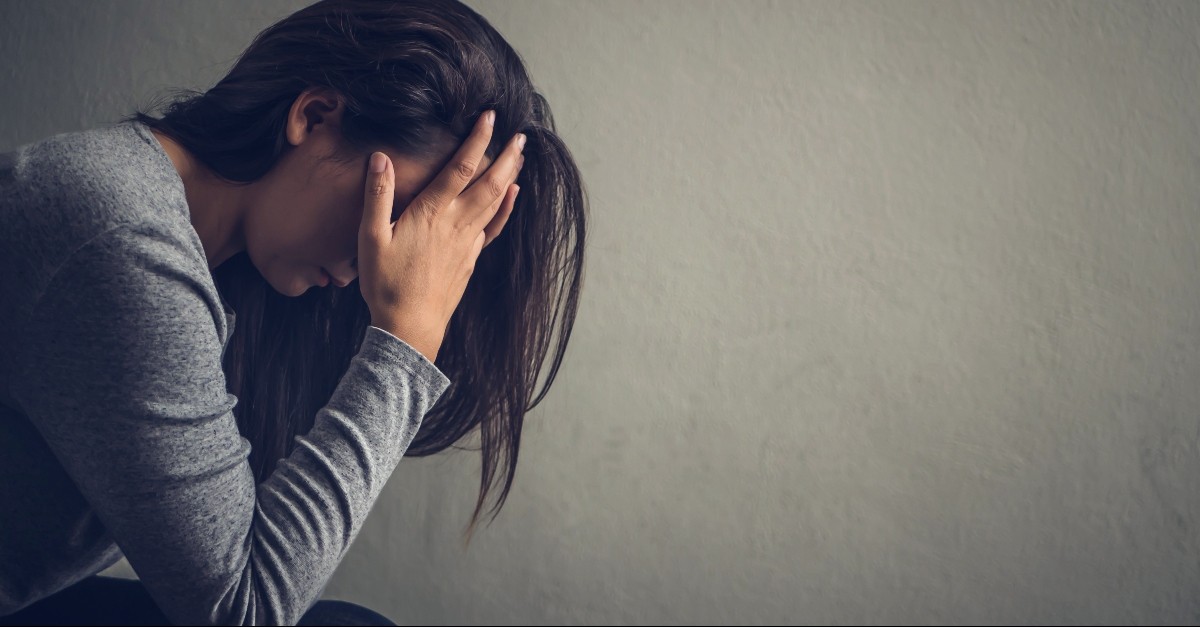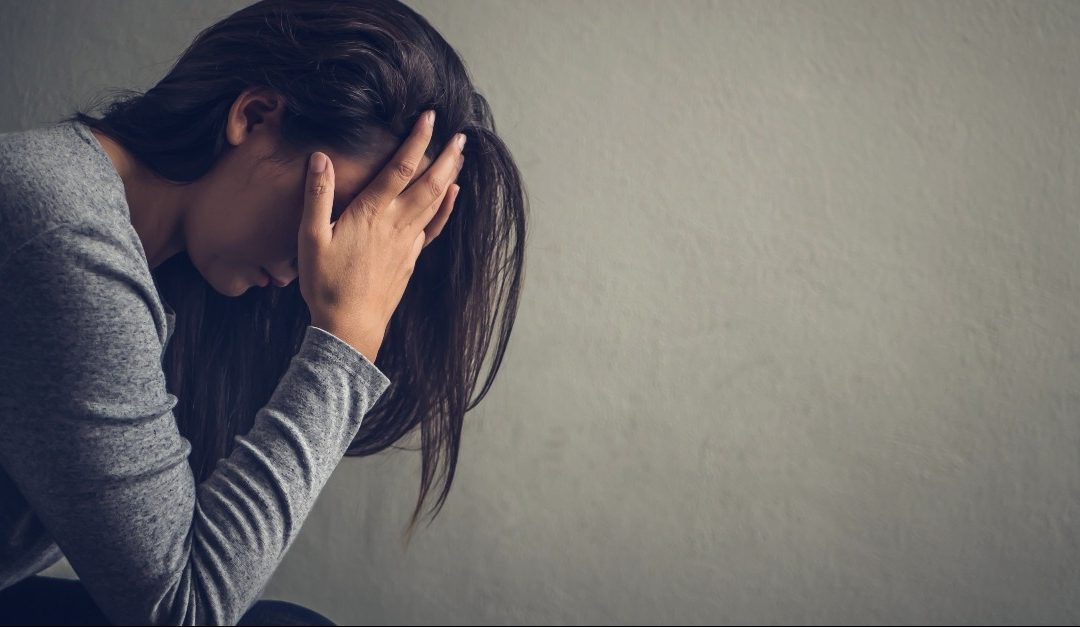
RITA PANAHI
THOUSANDS of vulnerable Victorians are needlessly suffering due to the boneheaded intransigence of the Victorian government.
The ban on elective surgery is creating a new health crisis, one that will be felt for years, perhaps decades to come, according to medical experts.
The hardship is being caused by the Dan Andrews government’s decision to cancel elective surgery, other than urgent category one cases, even though a great many of the category two procedures cancelled do nothing to alleviate pressure on the hospital system. In NSW and Queensland categorytwo surgeries are proceeding while other elective procedures are on hold. Why can’t Victoria employ a more flexible model that recognises there are health concerns other than Covid-19? The term elective surgery can be misleading; we are not talking about a nose job and brow lift. There is nothing elective about needing a critical procedure to reduce chronic pain or to allow one to walk or to reverse a child’s hearing loss or potentially prolong a patient’s life.
Surgeons, specialists and GPs are increasingly speaking out on behalf of their patients who have been in limbo for too long.
The Royal Australasian College of Surgeons representative to the Cancer Council Victoria, Dr Nicole Yap, has seen the devastation, and in some cases potentially fatal impact, of the elective surgery ban.
“I’ve had to become a patient advocate, not just a surgeon,” she told me. “We are going to have a massive crisis once this pandemic is done. Patients will need to have further treatment such as chemotherapy which they may have not required and their prognosis is also decreased. 20 per cent of patients will be under the age of 50 and cancer in these age groups is often biologically aggressive. Early intervention saves lives. We are causing more problems.”
Dr Yap has already seen patients require chemotherapy due to delays in elective surgery and describes the current ban as shambolic.
“I’ve got a patient needing a complex procedure, a bilateral mastectomy and immediate reconstruction with lymph node biopsy … because of the delay she now has to undergo chemotherapy and radiation treatment which may not have been necessary if it was done at an appropriate time.”
Despite the current restrictions, Dr Yap encourages people to come forward to get tested.
“If patients remain scared to present during this time, this is only going to result in many advanced cases presenting down the track,” she said.
There are hospitals that are under pressure in Victoria but there are also others with empty wards, with specialist medical staff sitting at home when they could be working through the elective surgery backlog.
Reconstructive plastic surgeon Dr Neela Janakiramanan has written of the need to use all parts of our health system to reduce the backlog of patients.
“As surgical nurses twiddle their thumbs and surgeons sit at home, we worry about our untreated patients, and each other,” she wrote.
Patients in terrible pain waiting for desperately needed procedure may start questioning why they are paying hundreds a month in private health care. The number of Australians waiting more than 12 months for elective surgery has almost tripled in the past year.
People power has led to health bureaucrats and politicians performing backflips – we saw it with the playground ban and again last week when the ban on IVF treatment was hastily reversed.
The same thing must happen with the elective surgery ban.
THE DAMAGE DONE DON’T you just love a little dose of instant karma? There is something decidedly delicious about ageing rocker Neil Young attempting to cancel Joe Rogan and ending up cancelling himself.
Young gave Spotify, where he had 2.4 million followers and over six million monthly listeners, an ultimatum. “They can have Rogan or Young. Not both,” Young wrote.
Spotify responded by pulling his entire catalogue off their site. All this because Rogan, a comedian and podcaster who has around 200 million monthly listeners, has people from all sorts of backgrounds and belief systems on his program.
He questions them robustly and will host guests who disagree with him vehemently. Rogan recently sparked controversy by interviewing virologist and immunologist Dr Robert Malone who used the term “mass formation psychosis” to describe some of the fear around Covid-19.
In the end Spotify’s decision is not a great surprise given Rogan’s massive audience dwarfs not only most musicians but a number of mainstream media outlets in the US. Spotify reportedly paid more than $100m in 2020 to secure Rogan’s show.
The attempt to silence dissenting voices reveals an unlikely totalitarian streak in Young.
And, despite the misinformation printed about Rogan, he is not some reactionary far-Right character, indeed he’s been a prominent supporter of the Democrats’ Bernie Sanders.
Young is free to criticise, mock or just ignore content he doesn’t like but trying to use his influence to deplatform Rogan was deplorable.
And in the end he only succeeded in deplatforming himself from the world’s biggest audio streaming subscription service.
RITA PANAHI IS A HERALD SUN COLUMNIST rita.panahi@news.com.au; @RitaPanahi


